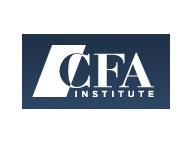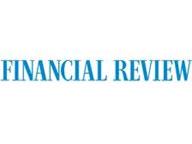Faculty News
—
In an op-ed, Research Scholar Sarah Labowitz offers lessons from Detroit that can be applied to improving factory safety in Bangladesh
—

Excerpt from Quartz -- “Detroit is a long way from Dhaka, but the American city’s effort to address blight offer lessons for cleaning up the garment sector in Bangladesh. Released in May, the Detroit’s Blight Removal Task Force’s plan (pdf) offers a practical vision for addressing the more than 78,000 dilapidated buildings that are the primary obstacle to the city’s growth and vitality. In the year since the factory collapse in Dhaka, which killed more than 1,100 garment workers, brands and policymakers have focused on improving inspection in a subset of factories producing for the export market. … The next important step for Bangladesh—and the brands and retailers that depend on the country’s apparel sector—is developing a comprehensive plan for relocating, closing, and fixing factories. Here’s where Detroit can help.”
Faculty News
—

Excerpt from Quartz -- “Detroit is a long way from Dhaka, but the American city’s effort to address blight offer lessons for cleaning up the garment sector in Bangladesh. Released in May, the Detroit’s Blight Removal Task Force’s plan (pdf) offers a practical vision for addressing the more than 78,000 dilapidated buildings that are the primary obstacle to the city’s growth and vitality. In the year since the factory collapse in Dhaka, which killed more than 1,100 garment workers, brands and policymakers have focused on improving inspection in a subset of factories producing for the export market. … The next important step for Bangladesh—and the brands and retailers that depend on the country’s apparel sector—is developing a comprehensive plan for relocating, closing, and fixing factories. Here’s where Detroit can help.”




















